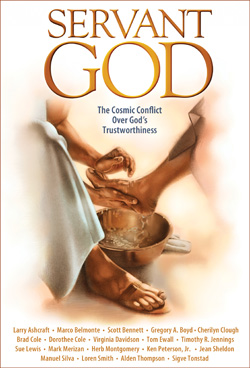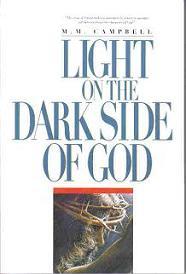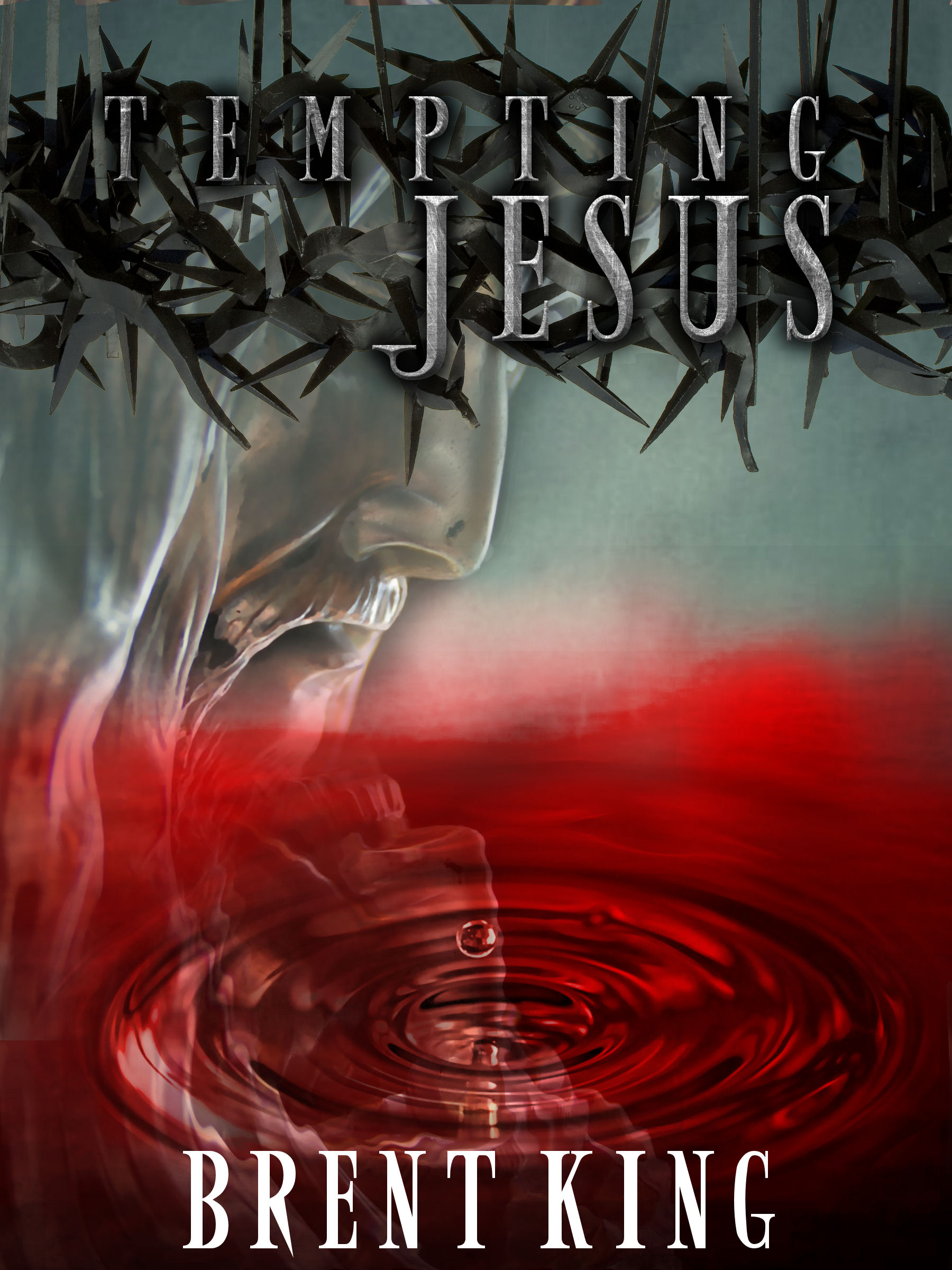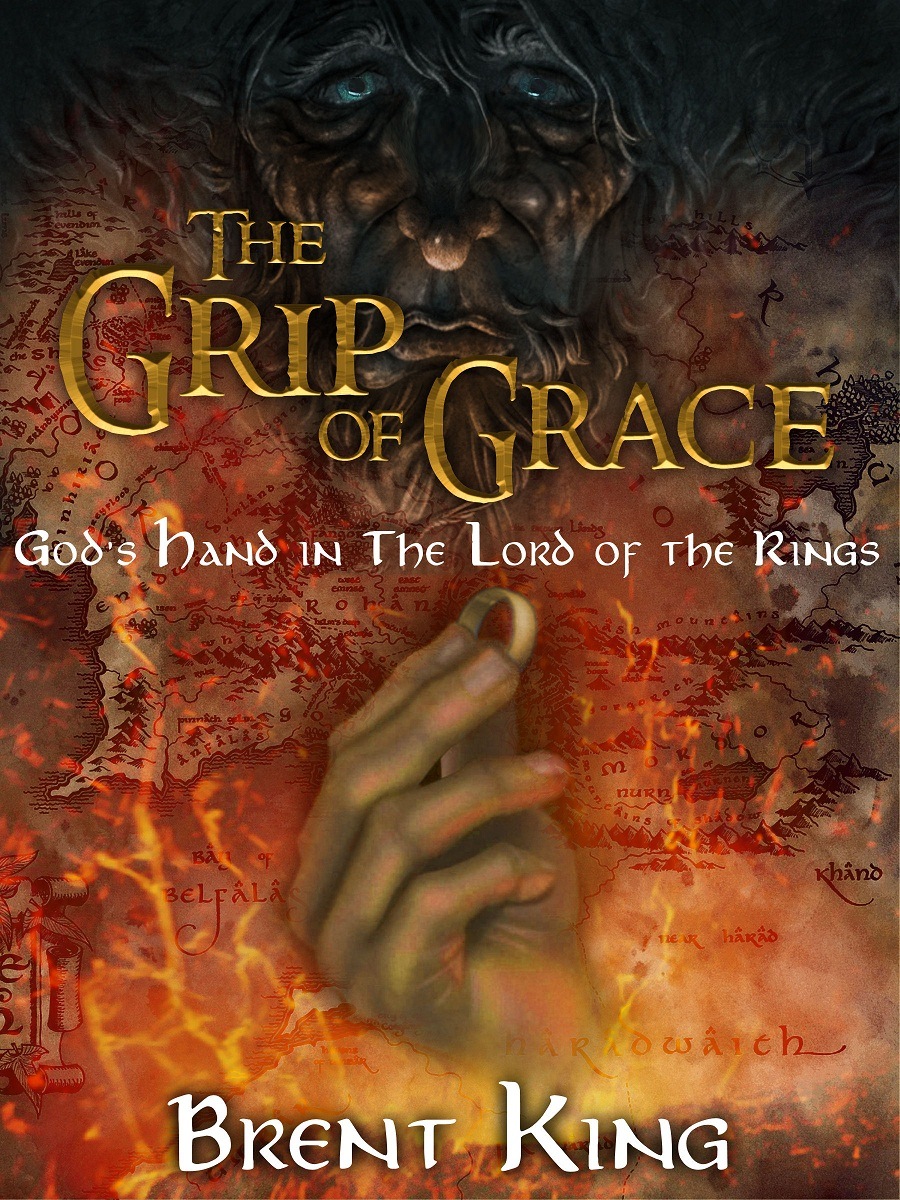Quotes
“The driving conviction of the Cruciform Hermeneutic is that since Calvary gives us a perspective of God’s character that is superior to what people in the Old Testament had, we can also enjoy a superior perspective of what was actually going on when Old Testament authors depicted God engaging in and commanding violence. If we remain committed to the conviction that all Scripture is inspired for the ultimate purpose of bearing witness to the revelation of God on the cross, and if we therefore humbly look for the crucified God in the depths of the Old Testament’s violent depictions of God, my claim is that we do, in fact, find him. Like a beautiful three-dimensional object rising out of a two-dimensional mundane pattern in a “Magic Eye” book, I believe the Cruciform Hermeneutic enables us to discern the beauty of the crucified God rising out of the portraits of God that on the surface appear profoundly ugly. The crucified Christ, in short, gives us the “Magic Eye” to discern him in the depths of even the most horrific violent portraits of God.”
– Greg Boyd
“Jesus was killed in the name of God and country, so that now the cross stands as an eternal prohibition of killing in the name of God and country.”
– Brian Zahnd
“When the crucified Jesus is called the ‘image of the invisible God’, the meaning is that this is God, and God is like this. God is not greater than he is in this humiliation. God is not more glorious than he is in this self-surrender. God is not more powerful than he is in this helplessness. God is not more divine than he is in this humanity.”
– Jürgen Moltmann, The Crucified God
“Our fundamental sin is that we place ourselves in the position of God and divide the world between what we judge to be good and what we judge to be evil. And this judgment is the primary thing that keeps us from doing the central thing God created us to do, namely, love like He loves.”
– Greg Boyd
“Humanity went wrong when Adam and Eve listened to Satan and began to blame. So I eat the fruit and suddenly I’m able to tell who is good and who is bad, and it mostly goes like this, ‘I’m good and they’re bad!’ So I blame the “bad” people—the people that are different than me or are a threat to me and/or my group.
“In the blame game, a scapegoat is always needed. This is how Satan rules the world. However, where blame and accusation, recrimination and revenge are replaced with forgiveness, Satan has no place. Satan is simply driven out. Where ‘Father forgive them’ replaces ‘God avenge me,’ Satan is out of business.”
– Brian Zahnd
“Just as God created the natural world to operate on descriptive laws, so His very nature operates by such law, and natural law is but a limited illustration of God’s moral laws.”
– Jean Sheldon
If Jesus is God, then God is the one in between us and God. This means there really is no one in between us and God.
“I and the Father are one.” John 10:30
“He who has seen Me has seen the Father.” John 14:9
“The weakness of evil is that it cannot conquer weakness.”
– Peter Kreeft, The Philosophy of Tolkien
“God’s justice is to make things right by stopping the violence, not by executing violence on others.”
– Brad Cole
“Will we be won back to trust and a willingness to listen? Our Father is not the kind of person His enemies have made Him out to be. He is indeed an infinitely powerful, but equally gracious person, who values nothing higher than our freedom and our peace with Him and with each other. Such things are not produced by force or fear. So, instead, God pleads with us very gently, but very urgently, in the words of Paul, ‘Let everyone be fully persuaded in his own mind.’”
– Graham Maxwell
“To say it is impossible to keep God’s law is to say that it is impossible to love.”
– Jean Sheldon
“When we see Bible authors ascribing violence directly to God, there we’re seeing God wearing a mask. There we’re seeing the Spirit of God being suppressed. There we’re seeing God humbling Himself and saying, ‘Despite the fact that you think I’m capable of this horrendous violence, despite the fact that you think I’m a typical ancient eastern warrior god, out of My love and faithfulness I’m going to stay with you, and I’m going to keep working with you. I accept you just as you are.’
“And so, as we look through the lens of the Cross, all of those portraits of God engaging in and commanding violence become literary crucifixes. They’re testaments to the truth that God has always been doing what He does in a supreme way on the cross. He’s always been stooping to bear His peoples’ sin and therefore taking on a semblance that reflects the ugliness of that sin.”
– Greg Boyd
“God is for us and therefore opposed—utterly, eternally and passionately opposed —to our destruction. That opposition, that fiery and passionate and determined “No!” to the disaster of the Fall, is the proper understanding of the wrath of God. Wrath is not the opposite of love. Wrath is the love of God in action, in opposing action.”
– C. Baxter Kruger, Jesus and the Undoing of Adam
“God’s role in Egypt was to present the truth to which Pharaoh had to decide how he would respond. If no truth had been presented to Pharaoh his heart would not have hardened against God as it was, but when truth is presented, and we reject it, the rejection of truth results in hardening of the heart.
“So why did God present truth to Pharaoh when He, in His foreknowledge, knew Pharaoh would reject it and experience a hardened heart? Even though Pharaoh was going to reject the truth, God knew it is only by the presentation of truth that sinners can be set free (John 8:32). God would not deny Pharaoh the opportunity to be freed from sin. God would not deny Pharaoh the opportunity to be saved. Therefore God presented truth to Pharaoh in order to reach his heart and save him.”
— Tim Jennings
“Righteousness is not being good. You won’t be saved for being good, and you won’t be lost for being bad. The devil doesn’t care whether you are naughty or nice as long as you keep away from a relationship with Jesus.”
– Morris Venden
“A God of agape love has to provide absolute freedom to His creatures, otherwise He would cease to be agape. Absolute freedom implies that God cannot use punishment to control us. If God used punishment, His creatures would cease to be free agents. If they are not free agents, they are merely automatons, robots. But we are not robots. We all instinctively understand that freedom is our natural right.”
– Denice Grant, God Is Not A Killer
“The word for obedience means ‘listening under’ or ‘a willingness to listen.’ God does not expect perfect performance. If I’ve gone to my physician with an advanced case of arthritis, then he doesn’t expect me to run the 4 minute mile on the way home. He even helps me down the steps into my wheel chair maybe. He says, ‘Do a little better this week and be sure and come back and take your medication.’ All He asks of me is a willingness to listen and cooperate. I might die tomorrow, but I’m going to die His trusting patient. And I will arise His trusting patient, and all will be well.”
– Graham Maxwell
“Perfection is God’s work, not mine…It’s only safe to talk about perfection over easy…because if I spend much time talking about perfection it’s going to focus my attention right in on myself: How far have I come? How far do I have to go? I wonder if I’m going to make it in time for the end of the world? The moment my attention is focused on myself is the moment that there is no hope whatever for perfection. For perfection, overcoming, and obedience all come from looking to Jesus…I will never succeed by focusing on myself.”
-Morris Venden
“It’s hard to sing the anthems of Cain once you’ve seen the buried corpse of Abel. So the Cain conquerers hide Abel. They bury him. And Abel is forgotten.”
– Brian Zahnd
“The issue at stake in atonement is not divine anger against sin that must legally be dealt with, but the moral problem of sin as a very real destroyer of those who choose it. To the God whose morality is love, sin must be dealt with in such a way as to remove it effectively forever and thus rescue sinners from its deadly grasp. This could only be done by demonstrating that sin itself leads to death…Substitution means the revelation of this fact, a fact that points to the good news that salvation in no way resolves divine anger but saves sinners from the sin that would destroy them. In this interpretation, then, there is no opposition between divine mercy and justice; rather God is faced with the challenges of human rebellion and wrestles with us, not with Himself, to save us.”
– Jean Sheldon
“There will not be anyone experiencing hell who would really prefer heaven.”
– Dr. C Baxter Kruger











